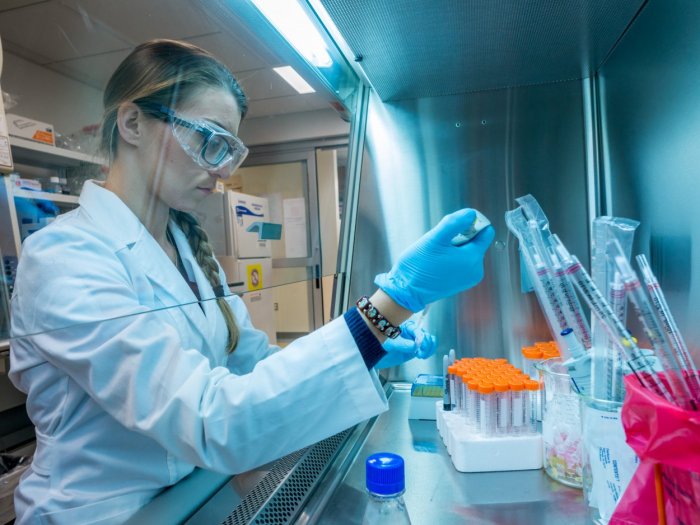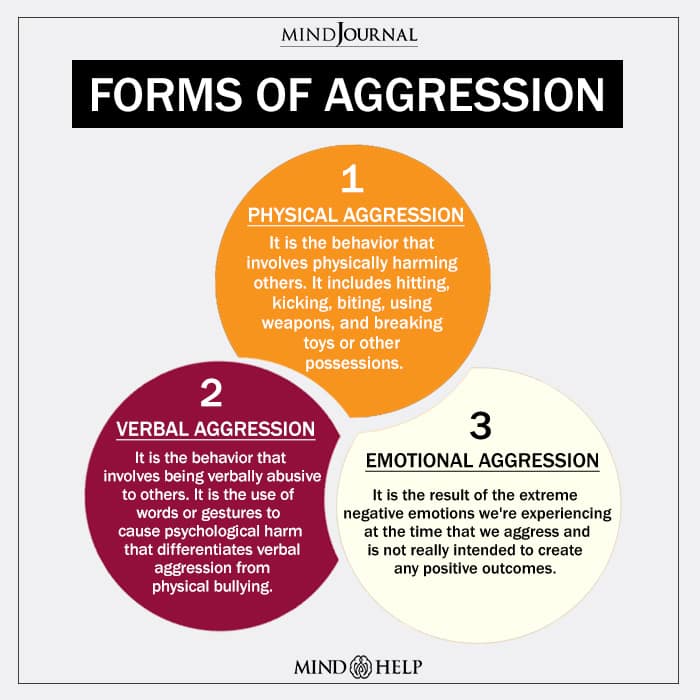Research on the biology of aggression has clearly demonstrated that: aggression is a complex behavior with both biological and environmental influences. This behavior is essential for survival and reproduction in many species, and it is shaped by natural selection. The neural mechanisms involved in aggression include brain structures such as the amygdala and hippocampus, as well as neurotransmitters such as serotonin and dopamine.
Genes also play a role in aggression, with certain genetic variants being linked to increased aggressive behavior. Environmental factors, such as childhood experiences, social interactions, and cultural norms, can also influence aggression. Individual differences in personality traits, cognitive abilities, and emotional regulation skills can also contribute to aggressive behavior.
Cross-cultural comparisons show that levels of aggression vary across cultures, and these differences may be due to cultural factors such as socialization and norms. Aggression can have negative consequences for individuals, families, and communities, including violence, crime, and conflict. However, there are strategies that can be used to reduce aggression and promote peaceful behavior.
Evolutionary Perspective

Aggression is a fundamental biological phenomenon that has been shaped by natural selection to enhance survival and reproductive success. In the animal kingdom, aggressive behavior serves various adaptive functions:
- Territorial defense:Aggression helps animals defend their territories from intruders, securing access to resources such as food, shelter, and mates.
- Mate competition:Males of many species engage in aggressive encounters to establish dominance and gain access to females for reproduction.
- Parental care:Both males and females may exhibit aggression to protect their offspring from predators and ensure their survival.
Natural selection has favored individuals with traits that enhance their aggressive capabilities, such as larger body size, stronger muscles, and more aggressive neural circuitry.
Neural Mechanisms, Research on the biology of aggression has clearly demonstrated that:
Aggression involves complex neural mechanisms that coordinate various brain structures and neurotransmitters. Key brain regions implicated in aggression include:
- Amygdala:The amygdala processes emotional stimuli and triggers defensive responses, including aggression.
- Prefrontal cortex:The prefrontal cortex plays a role in regulating aggression by inhibiting impulsive behavior and promoting cognitive control.
- Hypothalamus:The hypothalamus contains neural circuits that stimulate aggressive behavior and regulate hormone release.
Neurotransmitters such as serotonin, dopamine, and norepinephrine modulate aggression by influencing brain activity and emotional responses.
Genetic Influences
Genetic factors have been shown to contribute to individual differences in aggression. Studies have identified specific genes associated with aggressive behavior, including:
- Monoamine oxidase A (MAOA):Reduced MAOA activity has been linked to increased aggression, particularly in individuals exposed to adverse childhood experiences.
- Serotonin transporter gene (5-HTT):Variations in the 5-HTT gene have been associated with impulsive aggression.
- Dopamine receptor D4 (DRD4):Certain variants of the DRD4 gene have been linked to novelty-seeking and sensation-seeking behaviors, which can contribute to aggression.
However, it’s important to note that genetics alone do not determine aggression. Environmental factors interact with genetic predispositions to shape aggressive behavior.
Environmental Factors
Environmental factors play a significant role in shaping aggression. Childhood experiences, social interactions, and cultural norms can influence the development and expression of aggressive behavior.
- Childhood trauma:Exposure to abuse, neglect, or other traumatic experiences can increase the risk of developing aggressive behavior in later life.
- Social learning:Individuals learn aggressive behavior through observation and reinforcement from others, such as parents, peers, or media.
- Cultural norms:Cultural values and beliefs about aggression can influence its acceptability and expression.
Common Queries: Research On The Biology Of Aggression Has Clearly Demonstrated That:
What are the main causes of aggression?
Aggression can be caused by a variety of factors, including biological factors such as genetics and brain chemistry, environmental factors such as childhood experiences and social interactions, and individual differences such as personality traits and cognitive abilities.
How can aggression be prevented?
There are a number of strategies that can be used to prevent aggression, including early childhood education, parenting programs, and community violence prevention programs.
What are the consequences of aggression?
Aggression can have negative consequences for individuals, families, and communities, including violence, crime, and conflict.

